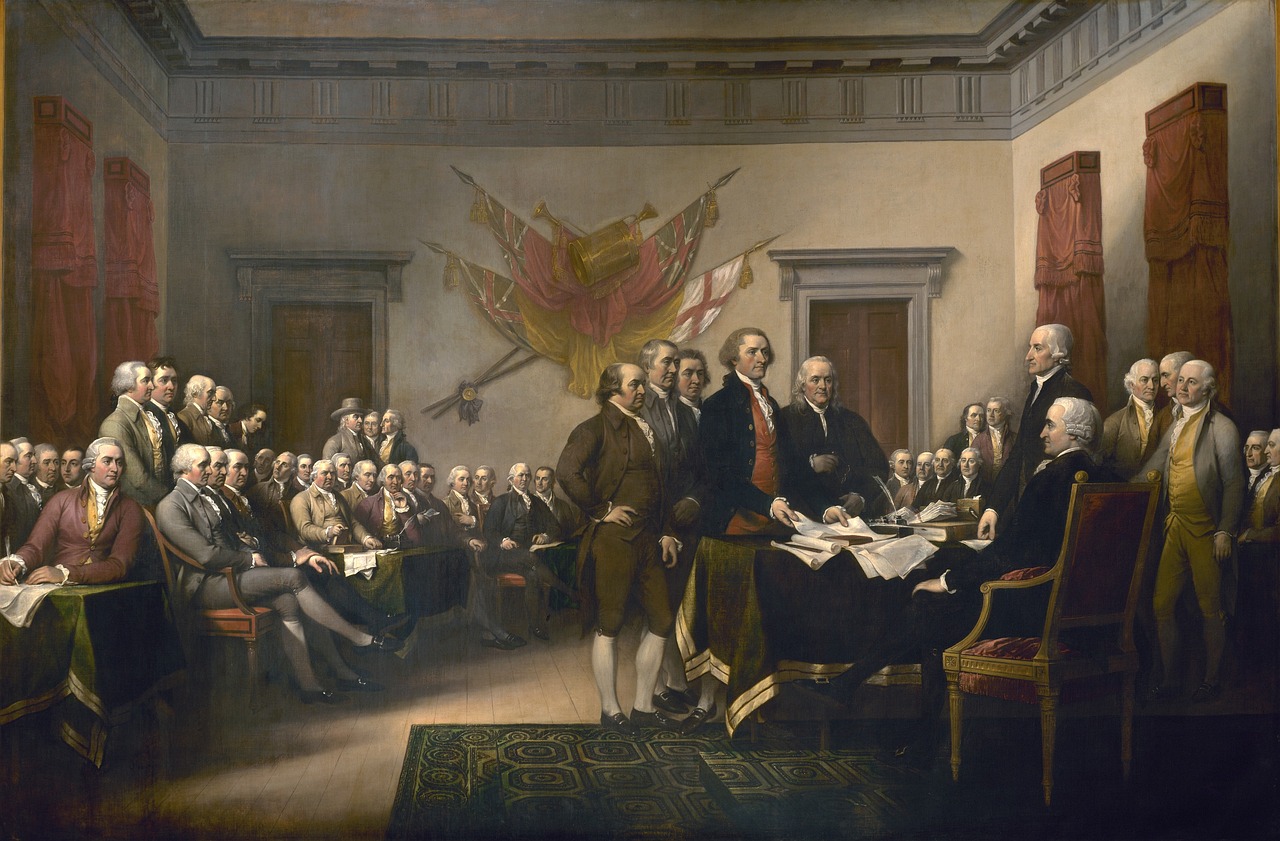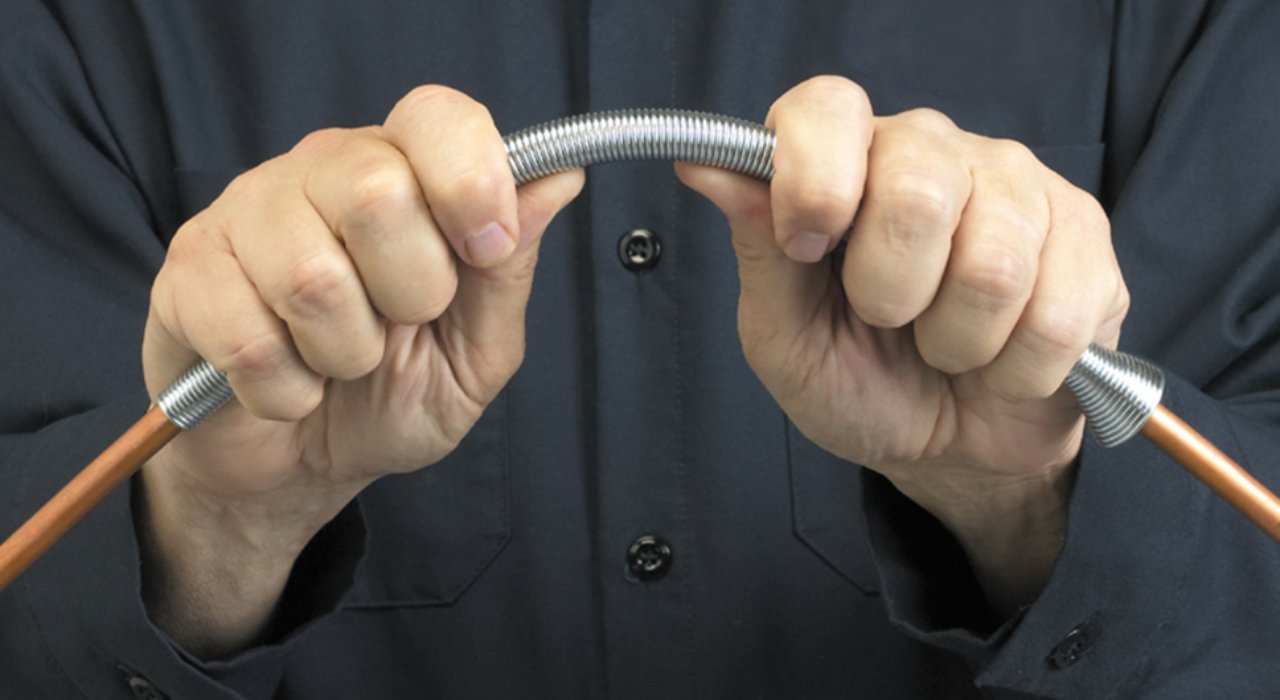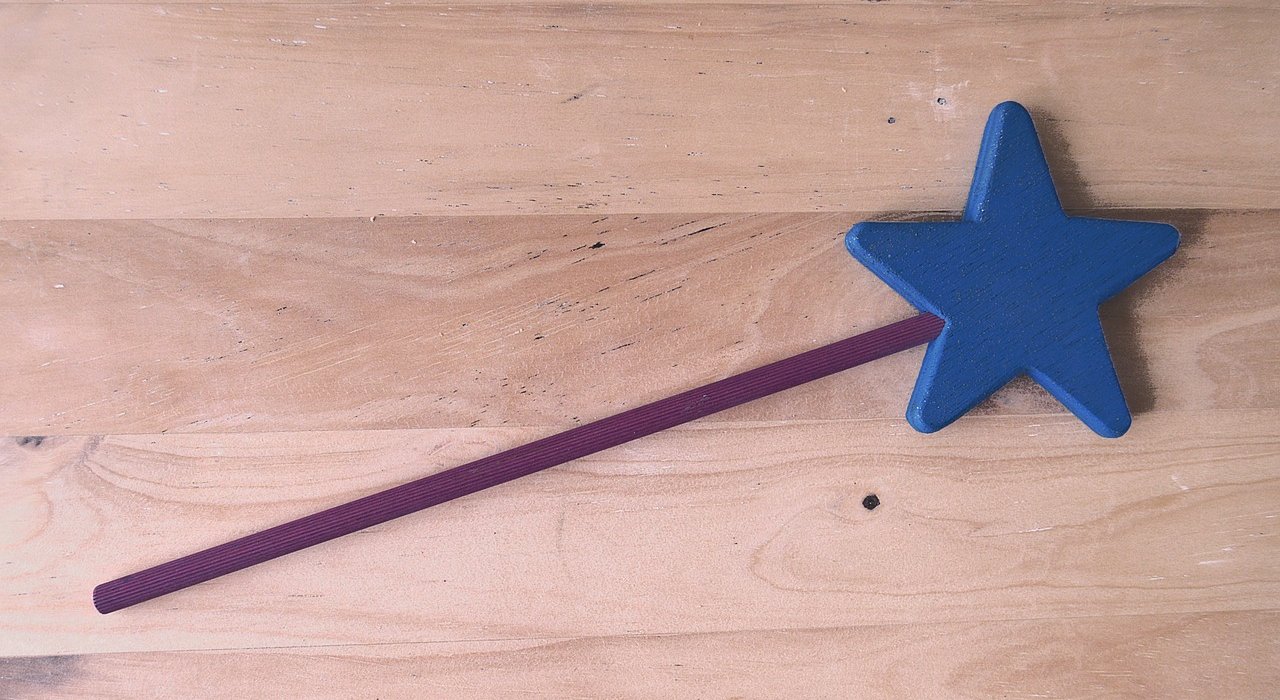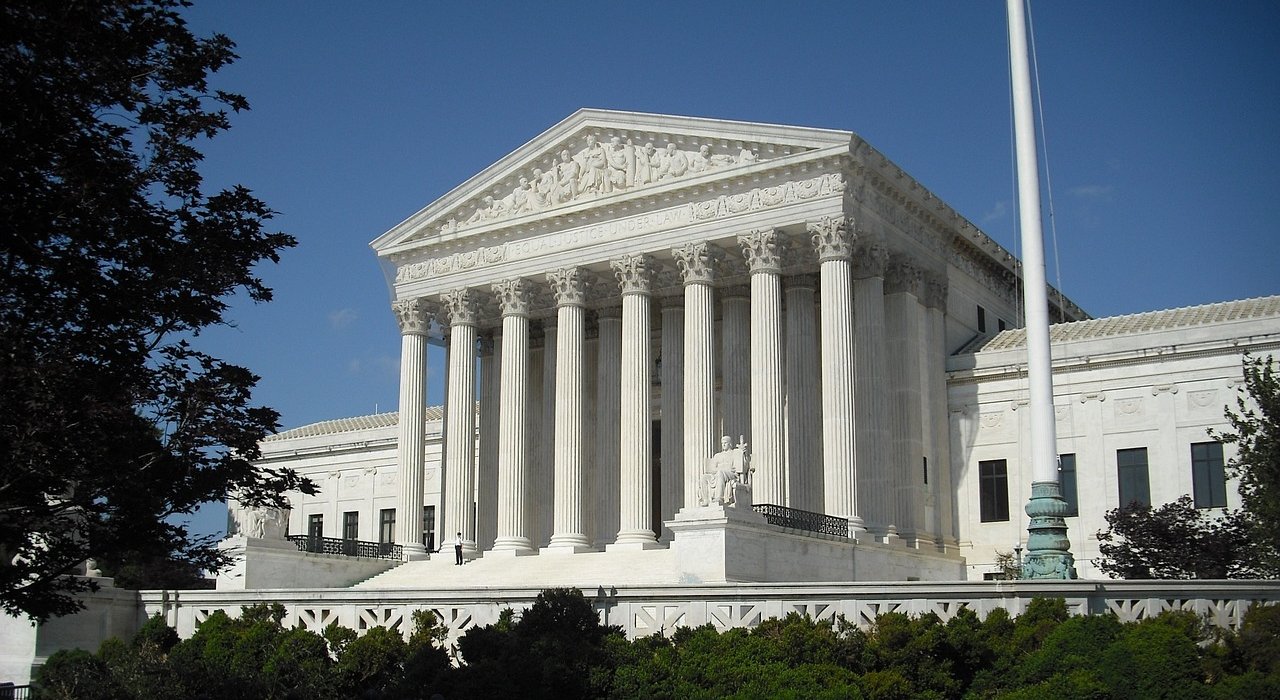On February 13th of this year the Federal Circuit gave Applicants an early Valentine’s Day present in the form of a precedential opinion confirming the difficulty an Examiner faces in making an inherent anticipation rejection of a parameter claim: in US SYNTHETIC CORP. v. ITC (Appeal Number: 23-1217) the Federal Circuit, after reversing an almost comical misapplication of the Alice 101 analysis to a man-made diamond array bonded to a substrate, found that a claim describing a polycrystalline diamond compact (PDC) by its coercivity, permeability, and catalyst arrangement characteristics (i.e., by its “parameters”) was fully enabled by the specification.
In reversing the ITC’s 101 ineligibility decision (which had recognized that the claims “do recite compositions of matter that are not found in nature”) and finding that claimed polycrystalline diamond compact was “not an abstract result of generic computer functionality, but instead is a physical composition of matter defined by its constituent elements, dimensional information, and inherent material properties” (really) the Court explained that the claimed “inherent material properties” of coercivity, permeability, etc., were not functional or abstract, but rather were concrete and meaningful and “integrally and necessarily intertwined with” the microstructure of the diamond table.
This discussion of the inherent properties of the claimed diamond compact and their relation to its overall structure led the Court into its consideration of the patent challenger’s alternative argument for invalidity – that the claims were not enabled – and it is here that the Court provided its gift. It agreed with the ITC’s finding that “the Asserted Patents disclose ‘detailed manufacturing information’ and ‘working examples in Table I with a specific set of input conditions’ such that a [skilled artisan] ‘would know how the manufacturing information disclosed in the Asserted Patents can be used to achieve the claimed PDCs.’”
This finding of enablement by the Federal Circuit for parameter claims based on the examples in the specification, and the recent spate of decisions overturning inherent anticipation rejections of parameter claims in the face of arguments that the applied reference might not make a product with the claimed parameters (see, e.g., Ex Parte Harry (Appeal 2022-003109), Ex parte Castelberg (Appeal 2023-003393), Ex parte Fotheringham (Appeal 2023-001631)), is confirmation of the difficulty the Examiner currently faces in making such rejections. As we have been telling our clients for a while, there has never been a better time than now to file parameter claims.










